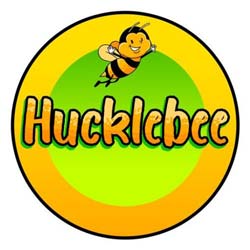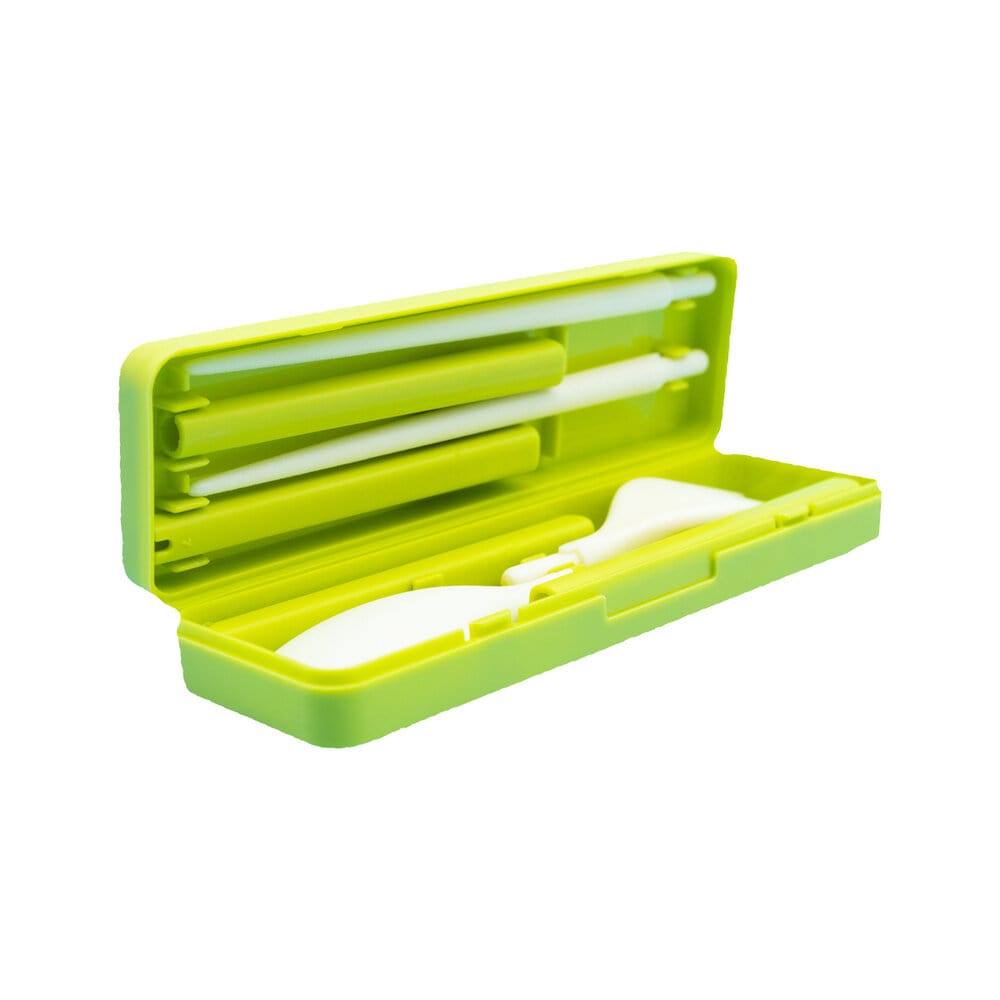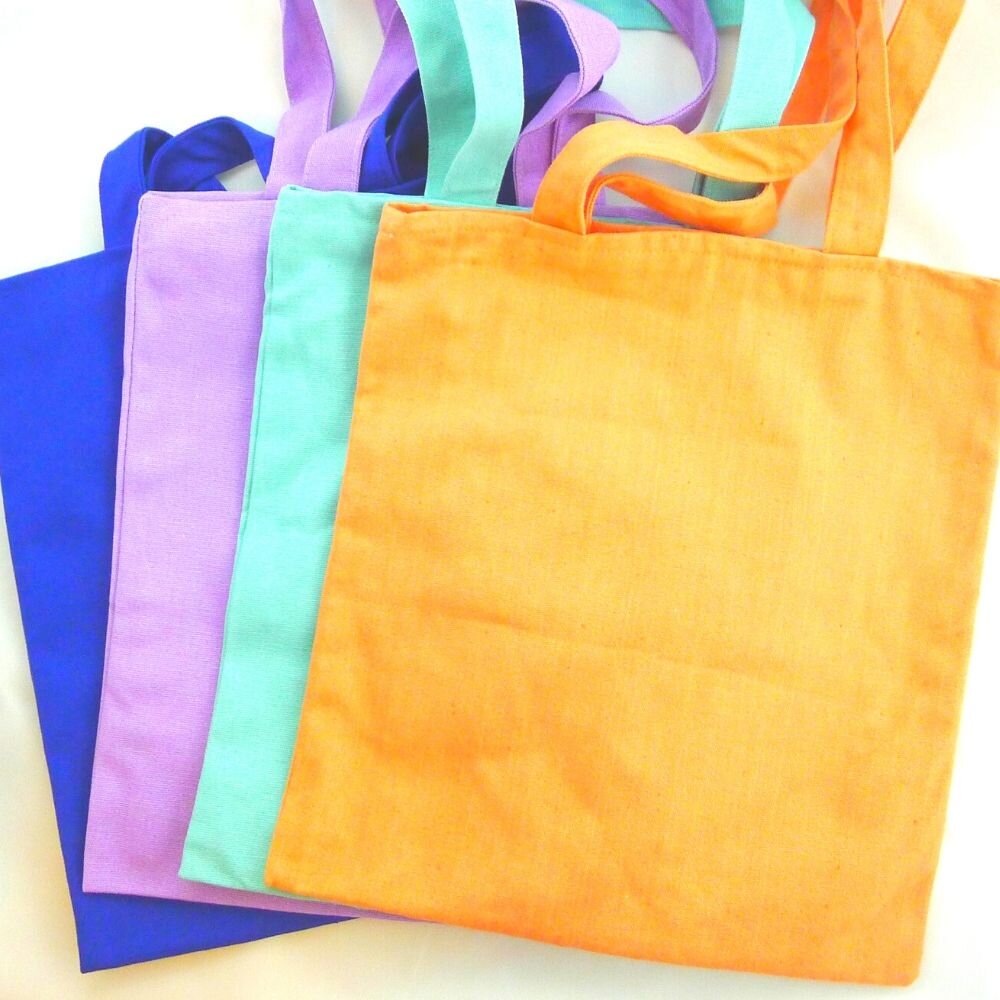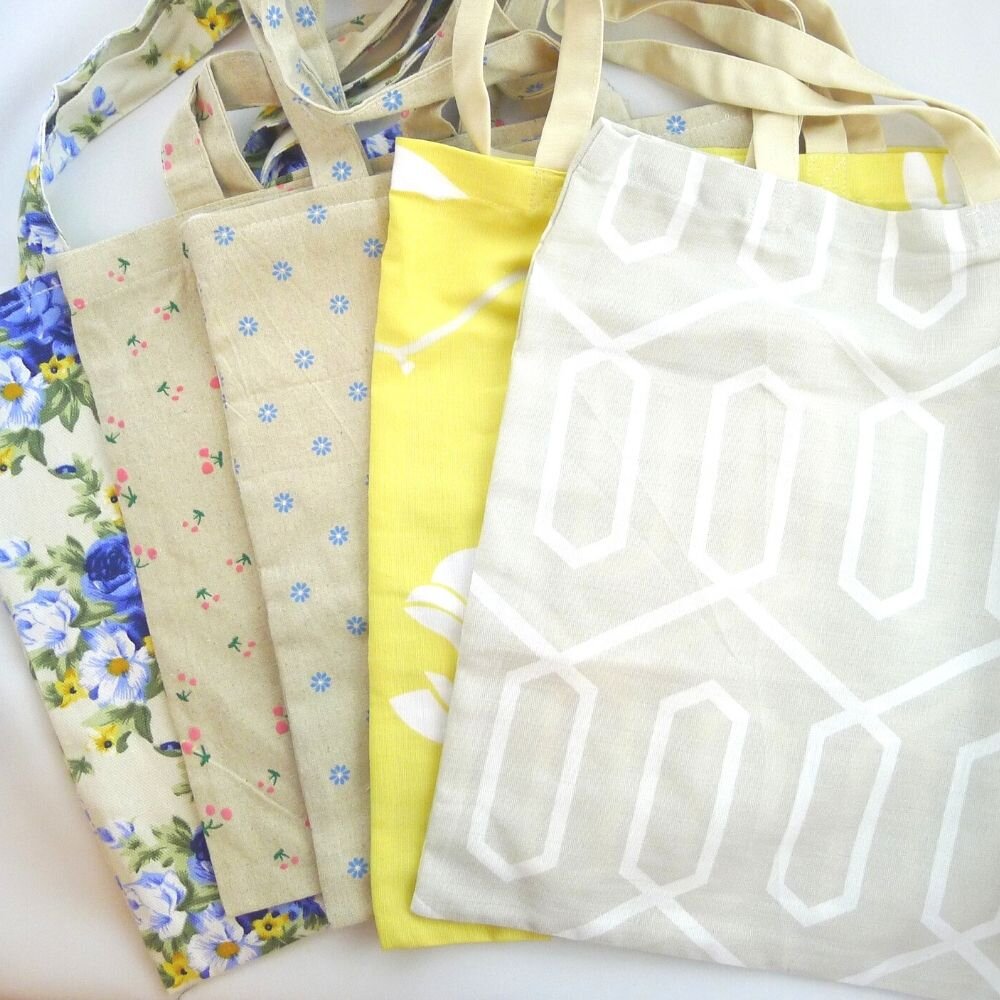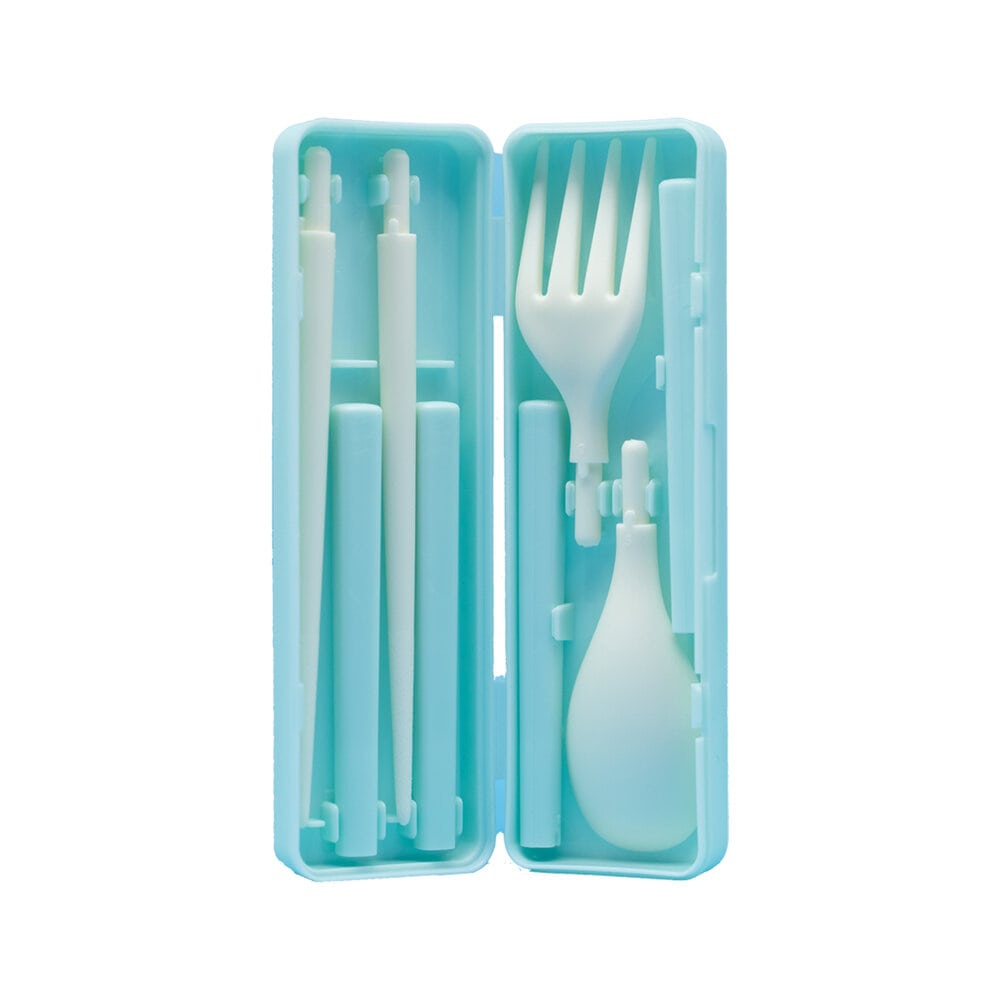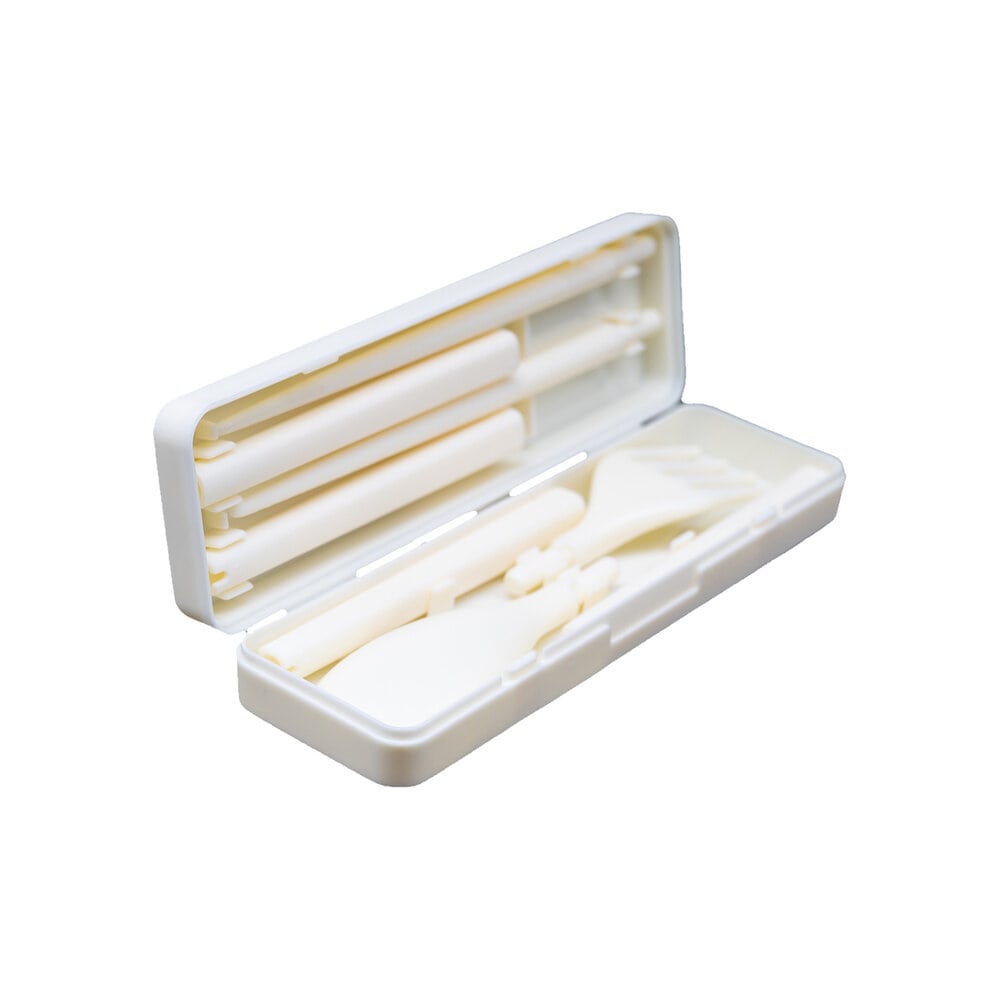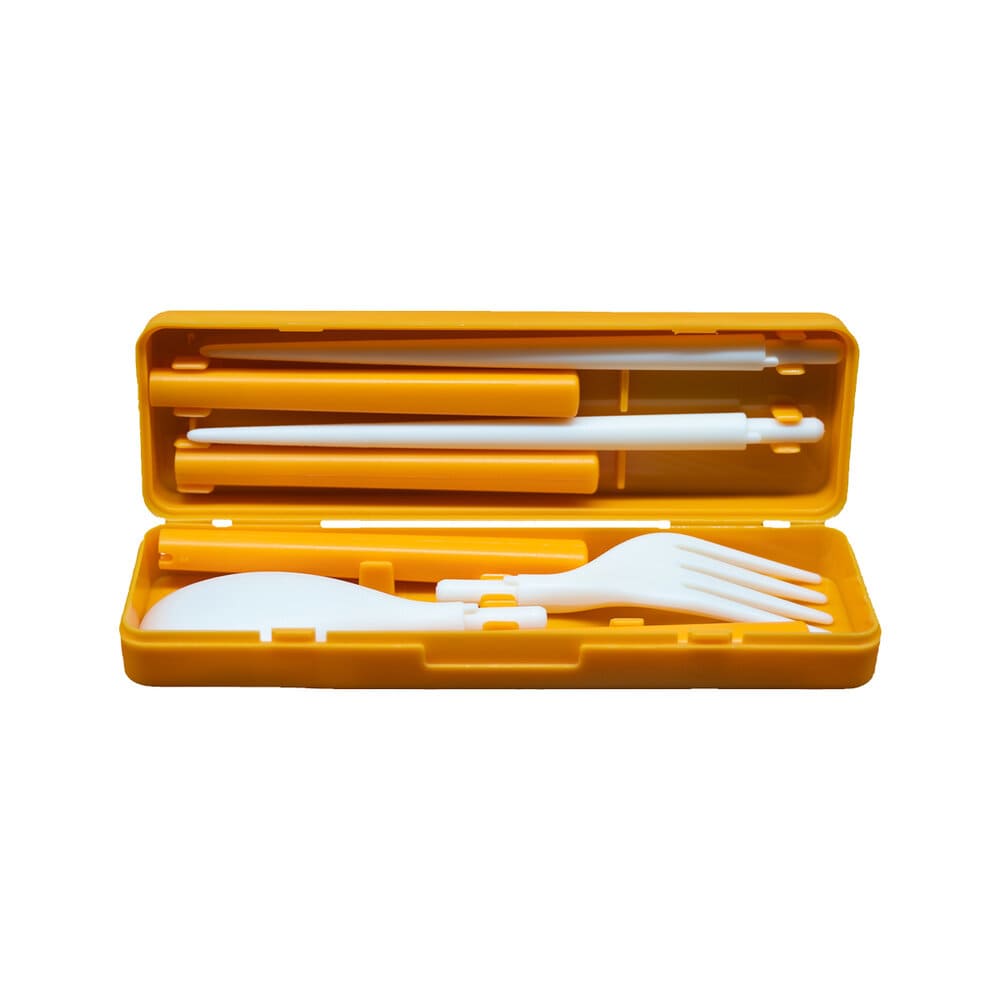Hucklebee works in collaboration with The Eco Shopper (TES) who promotes reusable and sustainable eco-friendly products at affordable prices.
TES Reusable Utensils are made of Food Grade Polypropylene which is recyclable code PP5. This product is stable and resistant to staining. It has been tried and tested for durability over a period of 10 years.
TES Canvas Totes are made from natural fibres, such as cotton which is biodegradable; this benefits the environment as the material will not contribute to plastic waste that takes a significantly longer amount of time to degrade.
PP5
PP5 is a tough, fatigue resistant, flexible thermoplastic with a high melting point, and good resistance to chemical solvents, acids and bases. Its low water vapour transmission into and out of the plastic helps to prolong shelf life and protect the integrity of the material.
Polypropolyne (PP) is a plastic polymer with resin code 5 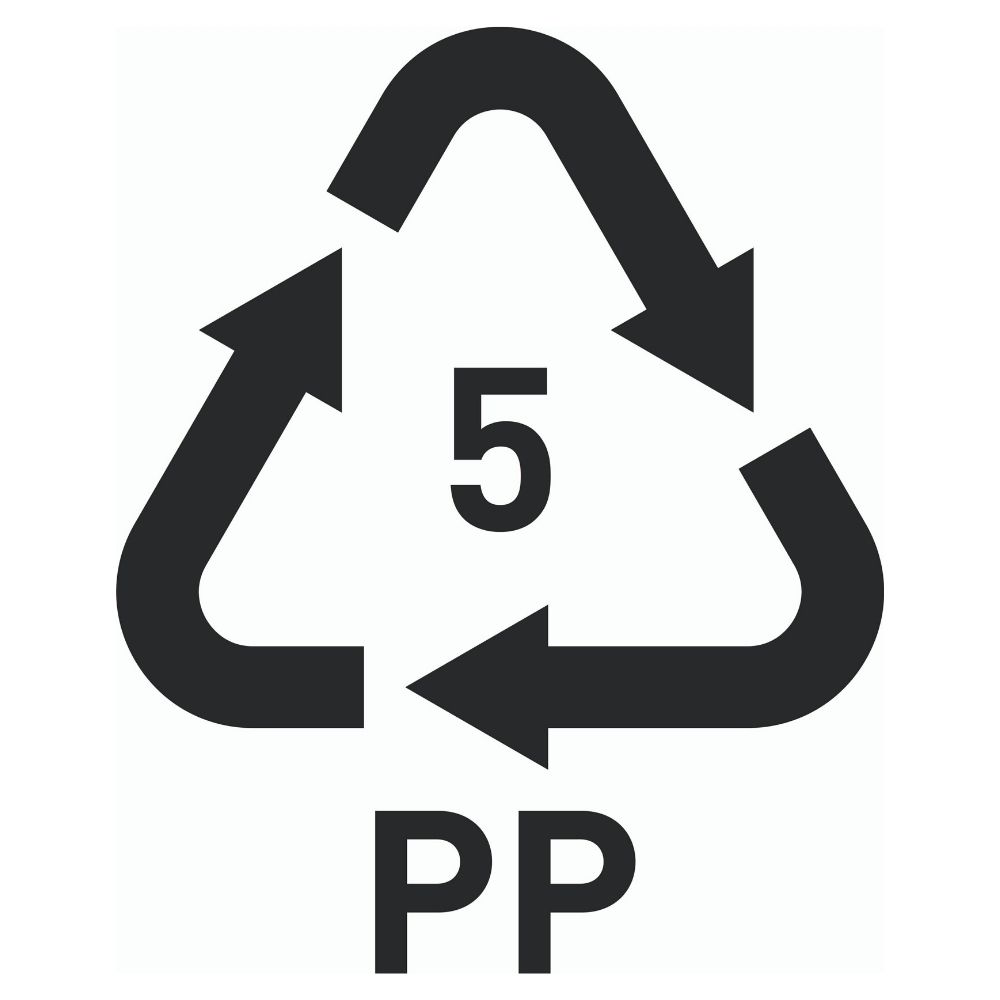 . In 1998, the resin code was created by the Plastics Industry Association (PLASTICS), then known as the Society of the Plastics Industry, Inc. Today, you can find the resin code on almost all plastic objects.
. In 1998, the resin code was created by the Plastics Industry Association (PLASTICS), then known as the Society of the Plastics Industry, Inc. Today, you can find the resin code on almost all plastic objects.
Common items produced with PP5 include yoghurt cups, food containers, medicine bottles, utensils, cereal packaging, dishware, and industrial fibre. Although, polypropylene is considered microwave-safe, we recommend, in general, to avoid microwaving plastic as much as possible. It is best to use glass material for microwaving.
Previously, PP products posed a recycling problem as they take 20 to 30 years to fully decompose. PP products may contain additives, such as stabilizers, colourants, and plasticisers. These additives can contain a range of toxins including cadmium and lead, that when dumped in landfills, could leak and pollute ecosystems. Furthermore, the burning of thermoplastics can release toxins such as vinyl chloride and dioxins, polluting the atmosphere.
Hence, efforts to improve the recycling of PP5 have risen as the best available option to address this situation in an ecologically friendly and cost-effective manner. Inventive procedures have been designed to decontaminate food grade polypropylene for the reproduction of food packaging.
This recycling process has five stages – collection, sorting, cleaning, reprocessing, and reproduction.
-
Collection – accumulating discarded plastic products
-
Sorting – separating plastics based on their resin code
-
Cleaning – paper labels and coloured pails are removed before the products are granulated and washed
-
Reprocessing – uniformly sized pellets are reprocessed in an extruder or moulder where they are melted at 240°C
-
Reproduction – small granules are cut, ready to be used to make new products
